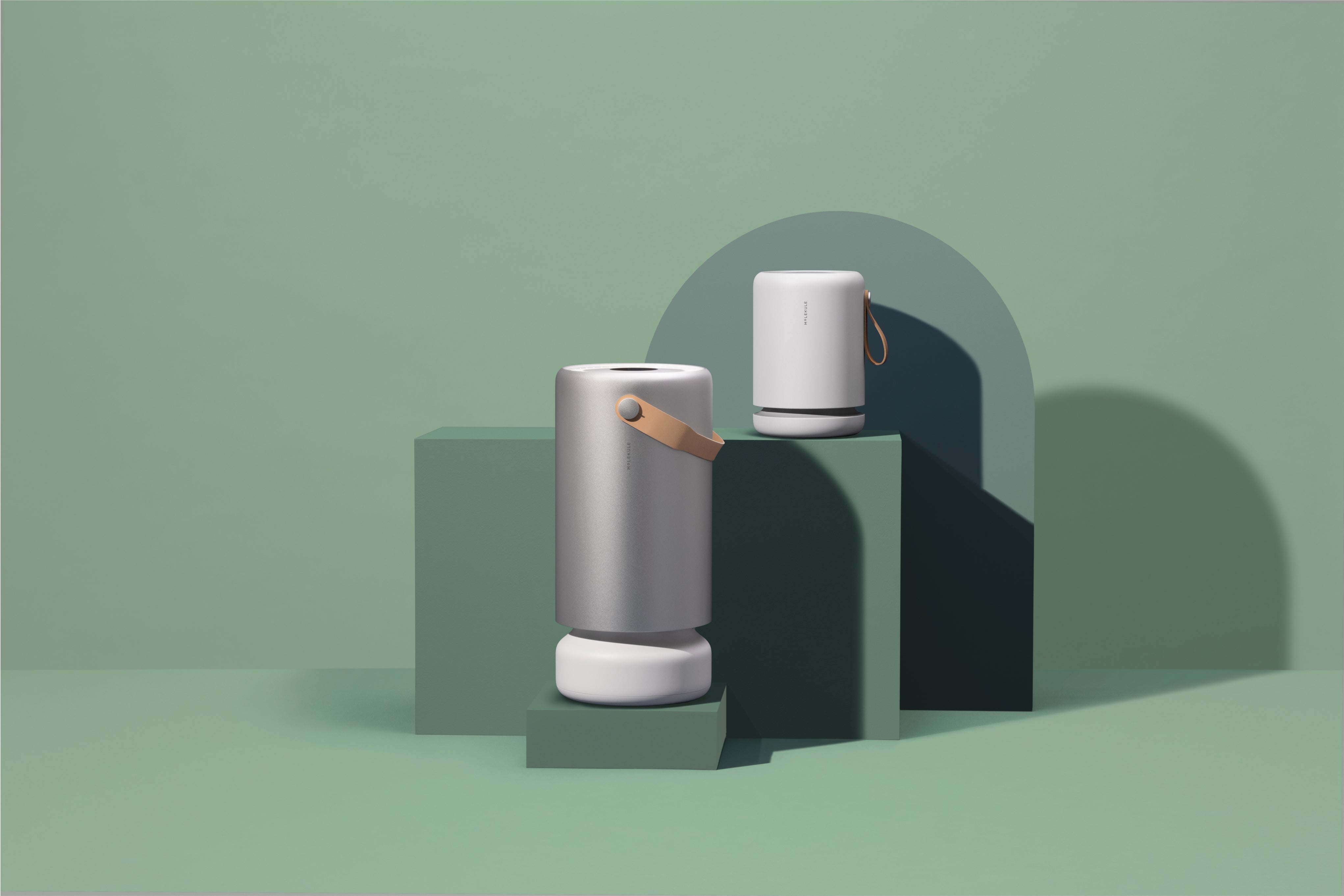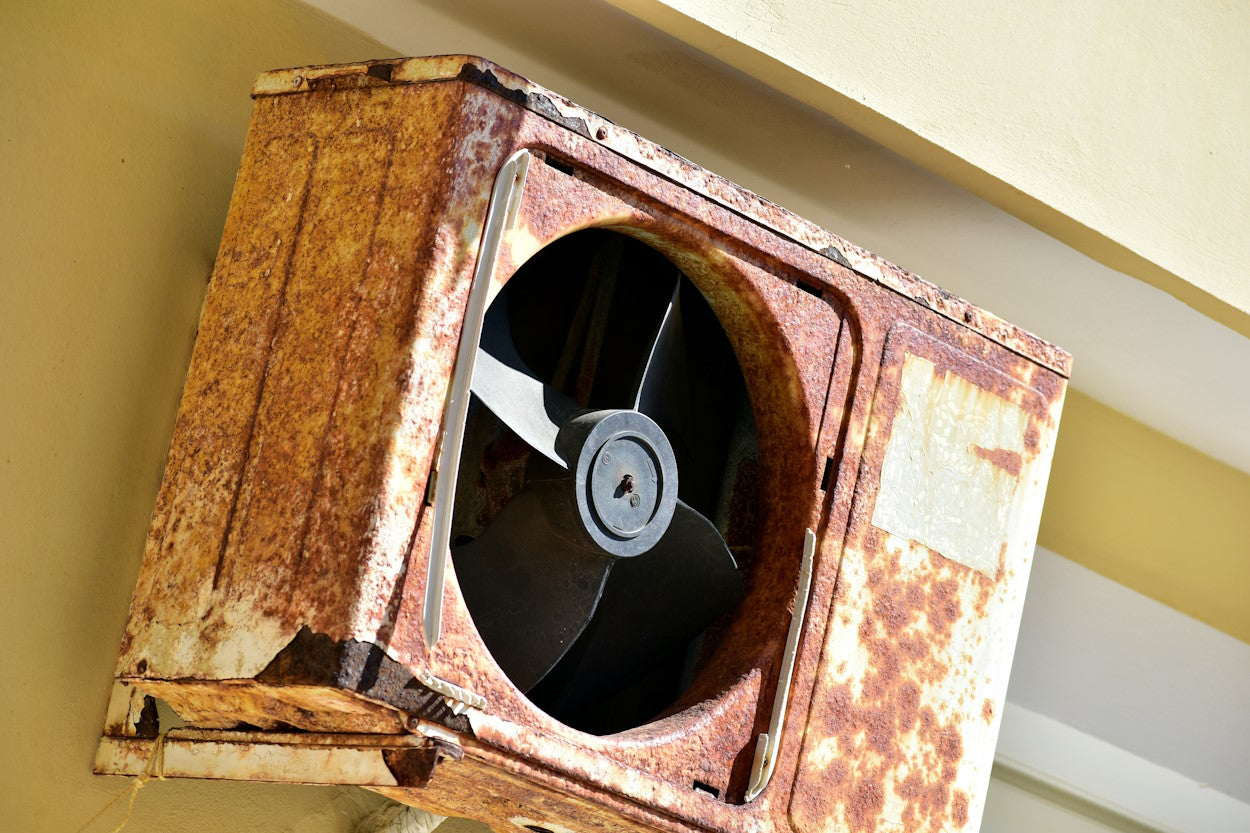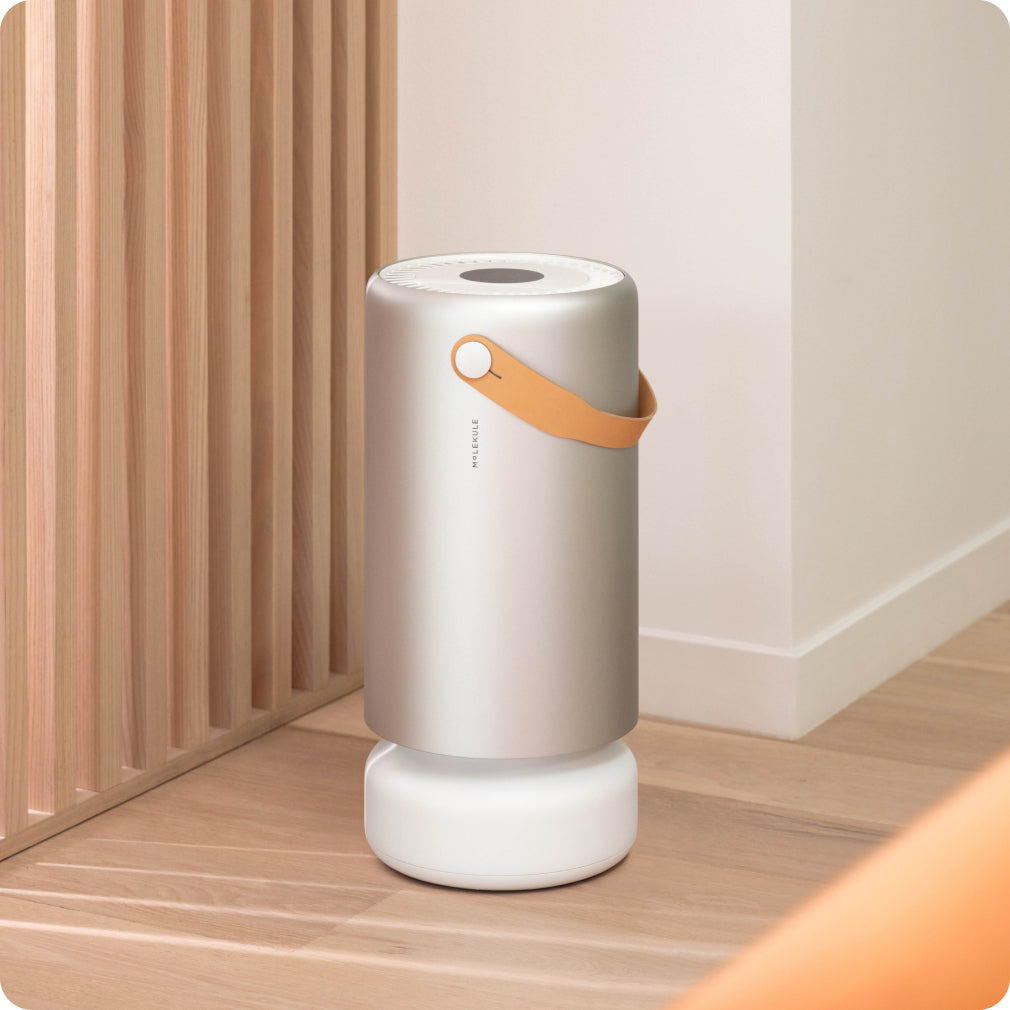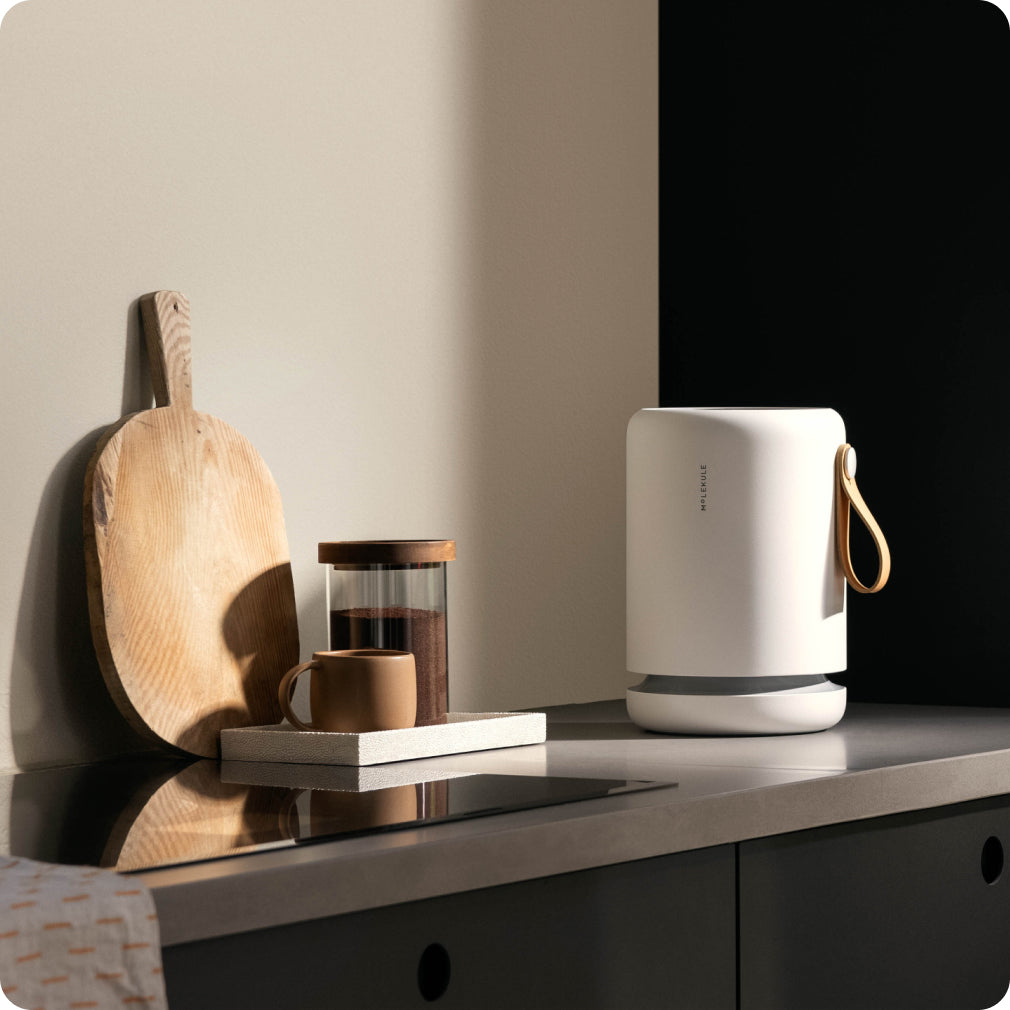To cover or not to cover? It’s a question that HVAC professionals have disagreed on for years. While there are very real benefits to covering your outdoor air conditioning unit in the summer, the practice also carries some potential drawbacks. Let’s take a look at both sides of this heated debate so you can choose which option is best for your home.

What are the benefits of covering your AC unit in the summer?
Air conditioner covers come in many forms—from lightweight mesh covers to ones with heavy-duty plates sewn in. They’re all designed to do one thing: protect your AC unit. (Note: If you’re thinking of covering your AC unit during the summer, you’ll need to look for one that can be left on while the AC is running.)
While ACs are generally made to withstand the elements, they can still sustain damage from the following environmental hazards:
Debris: Small debris, like leaves, twigs, and rocks, can blow into the AC vents, pile up on the bottom of the unit, and cause damage. Also, when wet leaves, grass, and other organic matter start to decay inside the unit, they can cause mold growth and possible corrosion. Large debris, like falling rocks or tree branches, can dent or scratch the outside of the AC unit.
Dust and dirt: Dust and dirt can blow through the vents and coat the inside of the unit, restricting airflow and making the AC work harder to push air through the ducts. (Not only can this raise your electric bill, but it may also cause added wear and tear on the unit.) Dust and dirt in the air ducts can also hold moisture and lead to mold growth in your HVAC system.
Weather: Direct sunlight can heat your AC unit and make it run more often than is needed to cool your home. (The more your AC runs, the more energy it uses, so sunny days may have an even bigger impact on your electric bill.) Inclement weather, such as summer hail storms and tornadoes, can also damage the inside and outside of the unit.
By covering your AC unit during the summer, you can help protect it from problems related to weather and debris. So, benefits of covering your AC unit may include:
- Improved energy efficiency;
- Less cosmetic damage;
- Lower maintenance costs;
- Increased lifespan of the unit;
- Lower potential for HVAC issues that affect your indoor air quality.
Are there drawbacks to covering your AC unit?
Despite the potential benefits of covering your AC unit in the summer, some still argue that the practice can cause more trouble than it’s worth. People in this camp point out that AC units are designed to be outdoors, so they shouldn’t need a cover to handle weather events, falling branches, dirt, and other hazards that nature has to throw at them.
Aside from the cost of purchase and the installation effort, the main drawback to AC covers is their potential to trap moisture inside the unit. Outdoor ACs are built with plenty of ventilation to help them dry out after humid or rainy days. When a cover blocks that airflow, the inside of the unit can become a high-humidity environment that leads to mold growth and corrosion. An AC cover may also make the unit more welcoming to insects or small rodents looking for a shady spot to escape the summer heat.
A partial or mesh AC cover may be able to overcome some of the drawbacks of thicker covers while offering added protection for the unit. Still, this may be more of a personal preference than a necessity.
Caring for your indoor air this summer
Whether you decide to cover your AC or not, the best way to keep your AC running efficiently is by keeping up with regular maintenance, like cleanings and tune-ups. To learn more about keeping your indoor air cool and clean this summer, read our post on how air conditioners and air purifiers can work together.
Rusty air conditioner photo by Ries Bosch on Unsplash, AC unit photo by ready made







